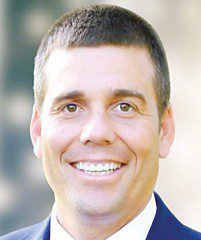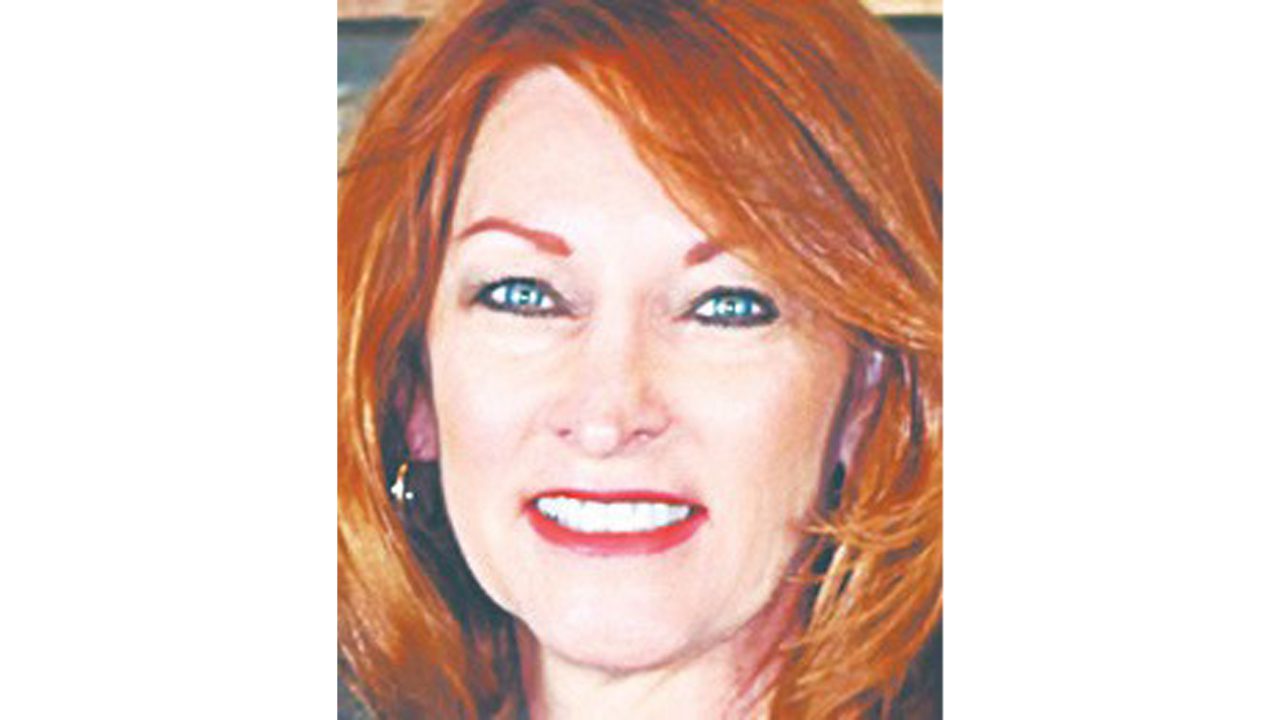Superintendent wants prayer back at board meetings
Gulf Breeze News | By Pam Brannon | May 11, 2023
Santa Rosa County School District’s Superintendent would like to bring prayer back to the opening of every school board meeting. She and the school board attorney discussed options with the school board at their meeting Thursday, May 4. The district has been under a court ordered consent decree not allowing any prayers at any school public events and no employee led prayer at school since 2009.
The board voted to move ahead with the attorney investigating what it would take to have that decree modified to allow prayer at the school board meetings.
Superintendent Dr. Karen Barber told the board, “Since I was elected, I have been asking what we could do to bring prayer back to the opening of our meetings. Last year I asked Mr. Harmon, our attorney, to explore what it would take to bring it back. I asked him what can’t we do that other school districts in Florida can do. He said the only thing is legislative prayer before meetings. We are under a consent decree that makes sure we follow all federal laws and Florida Statutes. Under that decree, students can have prayer in schools but it cannot be led by any district employee. And legislative prayer before meetings is not allowed. He can explain the issue and what we would need to do.”
Attorney Terry Harmon told the board members, “First we will tell you how we got here and then talk about options we may have to amend the court order. There was a case filed in 2008 in the Northern District of Florida in federal court against the school board and two other district officials. The case was filed by Minor Doe 1 and Minor Doe 2 and they were represented by the ACLU. The short version is that at the time the district procedures violated the establishment clause of the US Constitution and the no aide section of the Florida Constitution. To avoid costly protracted litigation, both parties agreed to a consent decree.”

But Harmon said that first decree was since modified in court.
“The current consent decree, as modified, has been in place since Aug. 11, 2011. But it still does not allow legislative prayer. The judge did say in 2011 that on or about May 2024, we could come back to the court to talk about whether there was a need for further continuation of the decree. It is now 2023 and we have not gone back to the court. Most of the language in the decree is straight from the federal law and Constitution.
“However, legislative prayer is something that has been approved by the 11th Circuit since and has been recognized by the US Supreme Court as an established permissible activity by a governmental agency. So how do we change it?” Harmon said. “We would have to file a motion in federal court if we want to set it aside or modify it. We are not looking to set it aside. We are wanting to modify it to allow legislative prayer. But we would need to let the other side know that we are going to file a motion in case they want to object in court. We would contact their attorneys at the ACLU to do that. The issue might become more lengthy if the other side objects.”
Harmon said the board needed to open the discussion to public comment on this subject only at that point to make it legal. There were several people in attendance at the meeting because of the discussion on this issue.
Mariya Calkins, chair of the newly formed Santa Rosa County chapter of Moms for Liberty, was first to take the microphone saying, “At our first meeting, we voted to bring this issue to this board. We are so happy you are talking about it. Our attorneys at Moms for Liberty said the ACLU no longer has any legal basis for this since it was overturned based on the Supreme Court case of the Town of Greece vs. Galloway in 2014. We have prepared a resolution we would like to present to you and we would supply you with our information on that case and would be glad to give you the contact information for our attorneys. We are very excited to be ale to collaborate with you on this.”
The next speaker was Angela Strong, who was wearing a Moms for Liberty T-shirt, and she told the board, “My children were at Pace High School in 2008 when this case and the lawsuit was being done. It was very upsetting to everyone. We have a resolution here we would like to read,” She read from the Moms for Liberty of Santa Rosa County resolution and the board members were given a copy.
But two speakers following these women were not in favor of bringing back prayer to the school board meetings. The first was a resident of Gulf Breeze who said she had actually come to the meeting to speak for another issue but said, “I have heard what you all have said here and I think you should make sure if you do this that it is equitable for all religions – and have one day for Christians, and one day of prayer for Jews, and one day for Hindu and another for Muslim – and one for atheists. I’m sure the goal of the school district is inclusivity.”
Another woman spoke saying, “I’m a taxpayer of this county and want to speak against prayer at the meetings. Its against federal law since 1905 when Congress adopted the separation clause of church and state. It actually goes back to when our Constitution was being written. If they are allowed to push this through at the school board meetings, they will push it back into the schools. I do not want my grandchildren to be faced with this at school. I’m against prayer at all public events period.”
James Calkins, who is husband to Mariya and also a Santa Rosa County Commissioner, took the microphone to tell the board, “I am here as a member of the Moms for Liberty. There are also dads for liberty in this county. But I am so proud that you all are discussing this. You know that we at the county commission open all our meetings with prayer. Because of the Supreme Court decision of May 5, 2014 in The Town of Greece vs. Galloway I do not believe you need to go to court at all. I think you can pass a resolution and start having legislative prayer right now. We brought this issue to the attorneys for Moms for Liberty and they said this was overturned by that 2014 Case.”
However, at the end of the public comment, the school board’s attorney asked the board for a vote if they wanted to move forward to explore options to modify the decree. The vote was unanimous to move ahead with investigating the issue and report back to the board.






